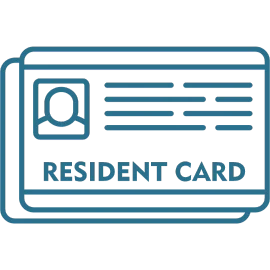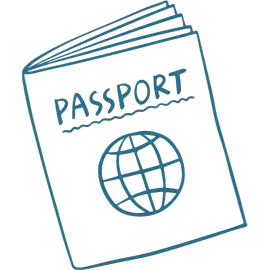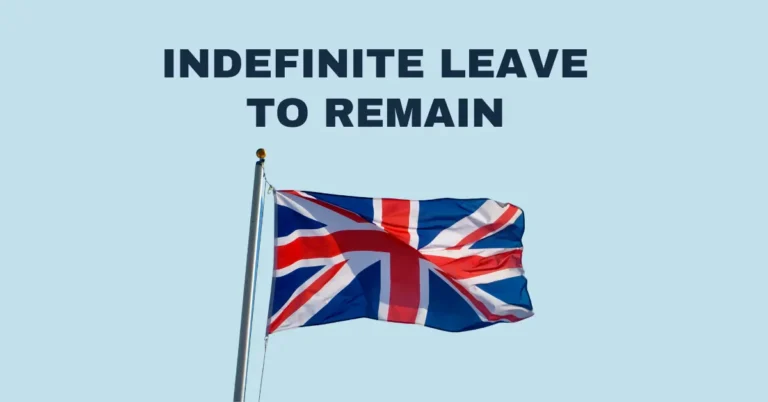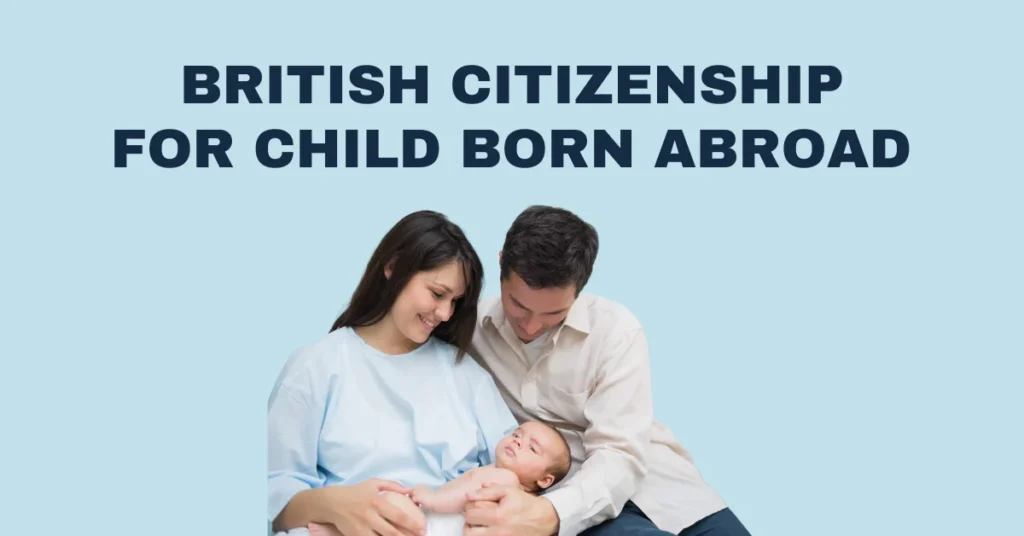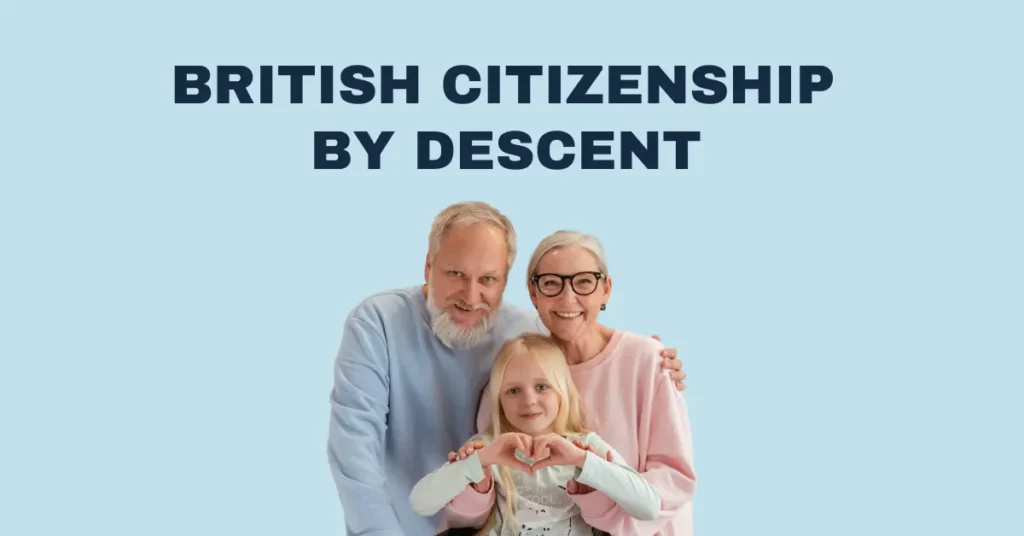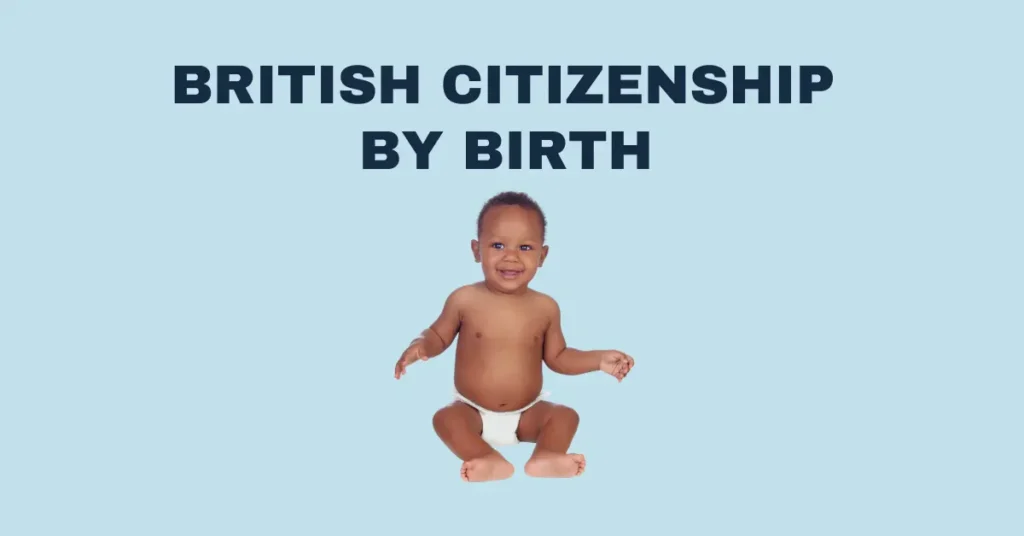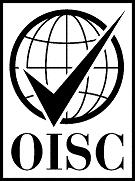What does Indefinite Leave to Remain (ILR) entail in the UK?
Indefinite Leave to Remain (ILR) signifies the permanent right for migrants in the UK to reside without immigration constraints. Also referred to as “settlement,” “settlement visa,” or “permanent residence,” ILR grants you and your family the opportunity to permanently settle in the UK, eliminating the need for further visa applications to live, work, or study. It serves as the ultimate goal for many individuals relocating to the UK, preceding the acquisition of British citizenship.
- Reside permanently in the UK: This status allows you to make the UK your permanent home, giving you the right to stay indefinitely without immigration restrictions.
- Pursue academic studies: ILR holders have the freedom to enrol in educational programs, including schools, colleges, and universities, without any constraints on the duration or level of study.
- Work without limitations: You’re entitled to work in any employment or profession without requiring sponsorship or specific permissions. This includes self-employment opportunities.
- Access public funds, including benefits: ILR holders are eligible to access certain state benefits and financial support, subject to meeting the eligibility criteria set by the government.
- Utilise the UK’s National Health Service (NHS) without charge: ILR grants you access to healthcare services under the NHS without the need for private insurance, covering medical treatment, consultations, and other health-related services.
- Travel freely in and out of the UK: While ILR offers flexibility for international travel, extended absences from the UK may risk losing this status. To maintain ILR, it’s essential to ensure that significant periods are not spent outside the country.
- Qualify to apply for British citizenship after 1 year: ILR serves as a pivotal step towards naturalisation as a British citizen. After holding ILR for a specified period, typically one year, you may apply for British citizenship, provided you meet the necessary requirements.
ILR requirements
To qualify for an ILR application, you must satisfy the following conditions:
- Continuous residency for the stipulated qualifying period in the UK: Your eligibility hinges on maintaining uninterrupted residence within the UK for the required duration.
- Demonstrate good character: Applicants are expected to exhibit commendable conduct, as assessed by immigration authorities.
- Pass the Life in the UK test: This test evaluates your knowledge of British traditions, history, and society, serving as an essential requirement for ILR.
- Evidence of English language proficiency: Proficiency in English, validated by achieving a B1, B2, C1, or C2 level, is necessary to meet language requirements.
- Limitations on time spent outside the UK: During each year of the qualifying period, ensure you haven’t exceeded 180 days outside the UK to maintain eligibility for ILR.
The specific duration required for ILR eligibility varies based on the type of visa currently held. For instance:
- For visas like the Skilled Worker Visa or Spouse Visa, typically, a continuous stay of 5 years in the UK is mandatory.
- However, visas such as the Global Talent Visa and Innovator Founder Visa may allow ILR application after just 3 years of continuous residency. Refer to the section below titled “When can you apply for ILR” for further details.
Meeting these ILR prerequisites enables you to submit an application to settle in the UK. Upon approval, you gain the right to reside and work in the UK indefinitely, without necessitating a visa. Moreover, after holding ILR for 12 months, you become eligible to apply for British citizenship, as outlined below.
When can you apply for ILR?
Five-Year Route:
- Work Visas: To apply for ILR after 5 years, holders of visas like the Skilled Worker, Tier 2 Minister of Religion, International Sportsperson, and Turkish Worker visas must demonstrate continuous residency in the UK throughout this period.
- Business Visas: Individuals holding visas such as the Global Talent, Innovator, Tier 1 (Entrepreneur), Representative of an Overseas Business, or Turkish Businessperson visas are eligible for ILR after maintaining a continuous presence in the UK for 5 years under their respective visa categories.
- Family Visas: Applicants with visas like the Spouse, Parent, Child, and Adult Dependent Relative visas are required to showcase a continuous stay in the UK for 5 years before being eligible for ILR.
- Tier 5 (International Agreement) and Ancestry Visas: Holders of these visas must fulfil a continuous residency requirement for 5 years in the UK to qualify for ILR.
- Transitioning from Different Visa Types: In some cases, if you’ve switched from one visa type to another, the clock might reset for your residency period, necessitating a new 5-year accumulation on the current visa.
- Combining Time in the UK on Different Visas: Certain visas, such as the Skilled Worker and Tier 2 routes, might permit the combination of durations on various visas to meet the 5-year ILR requirement.
Ten-Year Route to ILR:
- Long-Residence Route: For individuals living continuously in the UK for at least 10 years, the long-residence route to ILR disregards the specific visa type held, emphasising lawful residence over the decade.
Accelerated Route to ILR:
- Innovator and Entrepreneur Visas: Eligible individuals may qualify for ILR after 3 years by demonstrating substantial growth in their businesses. Entrepreneur visa holders can apply for ILR after creating at least 10 new full-time jobs or achieving a turnover of at least £5 million.
- Investor Visas: Applicants can seek ILR after 2 or 3 years based on their investment levels.
- Global Talent Visas: Those endorsed for 3 years under the Global Talent visa scheme can apply for ILR within this endorsed period.
Certainly, let’s reframe and expand on the exemptions applicable to the Indefinite Leave to Remain (ILR) application process:
Exemptions for ILR Application
In specific scenarios, exceptions to the standard ILR requirements exist, allowing for potential earlier application or waiver of certain prerequisites.
- Spouse Visa Holders: Under exceptional circumstances, such as the demise of a spouse or partner or being a victim of domestic violence, individuals holding a spouse visa may apply for ILR before the standard 5-year qualification period.
- English Language Requirement: Exemption from the English language requirement is granted to individuals over the age of 65, those enduring long-term physical or mental conditions, or citizens from the following countries: Antigua and Barbuda, Australia, The Bahamas, Barbados, Belize, Canada, Dominica, Grenada, Guyana, Jamaica, Ireland (for citizenship only), Malta, New Zealand, St Kitts and Nevis, St Lucia, St Vincent and the Grenadines, Trinidad and Tobago, and the USA.
Moreover, the necessity to pass the Life in the UK test may be waived in the following circumstances:
- Victims of domestic violence.
- Foreign and Commonwealth citizens discharged from HM Forces (including Gurkhas).
- Highly skilled migrants applying under the Highly Skilled Migrant Programme (HSMP) are subject to judicial review, along with their dependants.
- Bereaved spouses, civil partners, unmarried partners, or same-sex partners of individuals present and settled in the UK.
- Parents, grandparents, and other dependent relatives of individuals present and settled in the UK, applying under paragraph 317 of the Immigration Rules, even within the age range of 18 to 64.
- Adult dependent relatives under Appendix FM of the Immigration Rules, even within the age range of 18 to 64.
- Retired persons of independent means.
- Individuals applying for ILR as refugees.
- Individuals applying for ILR based on discretionary leave.
These exemptions offer flexibility in exceptional circumstances, providing alternative paths or waivers for individuals seeking Indefinite Leave to Remain in the UK.
Application Process for ILR:
Before proceeding with your ILR application, ensure you meet the eligibility criteria mentioned earlier. Once confirmed, follow these steps to apply for ILR:
- Complete the Online Indefinite Leave to Remain Application Form: Fill out and submit the appropriate online ILR application form available on the official government website.
- Payment of Fees: Pay the Indefinite Leave to Remain application fee (ILR Application Fee) and the biometric residence permit (BRP) fee as required by the application process.
- Book an Appointment: Schedule an appointment at your nearest UK Visa and Citizenship Application Services (UKVCAS) service point to provide your biometric information, which includes your fingerprints and a photo.
- Provide Documentary Evidence: Gather and submit the necessary documentary evidence requested by UK Visas and Immigration (UKVI). You can upload your Indefinite Leave to Remain documents online or present them during your appointment at the UKVCAS. Examples of documents might include proof of residence, financial records, and other supporting documentation.
- Possible Interview Invitation: In some cases, you might be invited for an interview by UKVI if further information is required to process your application thoroughly.
Ensure to carefully adhere to the instructions provided by the UKVI throughout the application process to avoid delays or complications.
Required Documents for ILR Application:
In order to substantiate your Indefinite Leave to Remain application, you’ll need to provide essential documentation as outlined below, which UK Visas and Immigration is likely to request:
- Passports or Travel Documents: All passports or travel documents held during your stay in the UK need to be submitted.
- Birth or Adoption Certificates: Include all birth or adoption certificates for any dependents included in your ILR application.
- Police Registration Certificate: If mandated to register with the police, provide the relevant police registration certificate.
- Income Evidence: Submit evidence of your income, typically in the form of wage slips and bank statements.
- Life in the UK Test Certificate: If required, present your certificate for passing the Life in the UK test. Additionally, provide proof of a relevant English language qualification if it’s part of the prerequisites.
- Absence Evidence: Document any absences from the UK during your stay.
- Passport-Sized Photographs: Include two identical, colour passport-sized photographs of each applicant, clearly labelled with their full name on the back of each photo.
Ensuring that these documents are accurate, complete, and in line with the specific requirements set by UK Visas and Immigration will support the thorough processing of your ILR application.
Timeline for ILR application decisions
Anticipate an outcome on your ILR application typically within 6 months. For expedited processing, an additional £1000 for the ‘super-priority service’ ensures a decision in 1-2 working days. Alternatively, opt for the ‘priority service’ at £500 for a decision within 5 working days.
ILR 180-day rule
Indefinite Leave to Remain (ILR) adheres to the 180-day rule, also known as the continuous residence requirement. This mandates that applicants should not exceed 180 days outside the UK in any 12-month period preceding their ILR application. The purpose behind this regulation is to ascertain that settlement is granted to individuals genuinely dedicated to establishing a long-term presence in the UK.
Indefinite Leave to Remain (ILR) for Dependents
Your eligible dependants, such as your spouse/partner and children, have the opportunity to apply for Indefinite Leave to Remain (ILR). Dependents encompass:
- Partner Eligibility: Partners, encompassing spouses, civil partners, married, or unmarried partners, must meet specific criteria. For unmarried partners, evidence of cohabitation for at least 2 years is necessary. Those in a civil partnership or marriage will need to provide proof of the partnership.
- Children’s Eligibility:
- Under 18: Children below 18 years old are eligible as dependents.
- Over 18: Children over 18 must demonstrate financial dependency on the primary visa holder to qualify as dependents.
These dependents, akin to the main visa holder, need to fulfil several requirements for ILR:
- Residency Requirements: They must meet the continuous residency condition, ensuring they haven’t exceeded absences from the UK stipulated in the ILR guidelines.
- Language and Knowledge Test: Dependents, similar to the main applicant, need to pass the English language proficiency test and undertake the Life in the UK Test, assessing their understanding of British culture, society, and history.
- Financial Proof for Dependents: Financial evidence demonstrating sufficient funds for dependents is mandatory. These amounts include:
- £285 for a dependent partner.
- £315 for the first dependent child.
- £200 for each subsequent dependent child.
Furthermore, while family members typically apply for ILR simultaneously with the main visa holder if they received visas simultaneously and for the same duration, those who entered the UK later might have to wait until they meet the ILR qualifying period individually.
In cases where dependents do not meet ILR criteria, alternative pathways to settle in the UK, such as the EU Settlement Scheme, family visa, or the 10-year-long residency route, may be available.
Given the complexity of applying for ILR for dependents, seeking guidance from our specialised team of ILR solicitors can streamline the process. Contact our immigration solicitors at +44 (0) 1293 522 275 for personalised advice.
British Citizenship after Indefinite Leave to Remain
Achieving British citizenship becomes feasible after maintaining Indefinite Leave to Remain (ILR) status in the UK for a minimum of 12 months. Moreover, upon obtaining ILR, a spouse visa holder can promptly seek naturalisation as a British Citizen.
The advantages of citizenship encompass eligibility for a British passport, granting unrestricted travel in and out of the UK. Citizens also retain the liberty to leave the country for extended periods without risking citizenship revocation. Additionally, citizens gain the right to participate in both national and local elections.
To secure citizenship, applicants must fulfil specific criteria:
- Age Requirement: Applicants must be above 18 years old.
- Residency: Demonstrate residency in the UK precisely five years prior to the day the Home Office receives their citizenship application.
- Language Proficiency: Prove proficiency in English, Welsh, or Scottish Gaelic.
- Life in the UK Test: Successfully pass the Life in the UK test, assessing knowledge of British traditions, culture, and history.
- Intent to Reside: Demonstrate an intent to continue residing in the UK.
- Good Character: Uphold a good character record in compliance with the prescribed standards.
These criteria form the foundation for a successful citizenship application, enabling individuals to fully integrate into British society.
ILR application refused
In case of an ILR application rejection (or for a dependent family member), there are avenues available to secure settlement in the UK with proper guidance. Firstly, appealing a declined Indefinite Leave to Remain application is viable if Human Rights grounds are established, a matter best advised by an immigration solicitor.
While most ILR applications aren’t founded on Human Rights, and thus not appealable, alternative options exist:
- Judicial Review: A pathway to challenge a refusal if you believe UKVI made an error in declining your application.
- Administrative Review: This avenue challenges the legal basis of the refusal, seeking a reconsideration of the decision.
Moreover, in certain scenarios, submitting a fresh ILR application might be a preferred recourse.
Common Reasons For ILR Application Rejection
Various grounds lead to the rejection of an ILR application, including:
- Criminal Offences: Involvement in criminal activities can result in refusal.
- False Information: Providing inaccurate details in the application can lead to rejection.
- Eligibility Criteria: Failing to fulfil the complete qualifying period on an eligible visa is a common reason for refusal.
- Past Exclusion from the UK: Previous instances of exclusion from the UK can impact the application.
- Public Good Consideration: Approval may be denied if it’s deemed not in line with public welfare.
- Sham Marriage or Civil Partnership: Involvement in deceptive or sham relationships can lead to refusal.
- Prior Breach of Immigration Laws: Past violations of immigration laws serve as grounds for refusal.
- Incomplete Information: Failure to provide necessary details can result in application rejection.
Frequently Asked Questions
What is the fee for Indefinite Leave to Remain (ILR)?
In 2023, the fee for ILR stands at £2,885, applying equally to both primary applicants and their dependent family members.
What is the earliest application time for ILR?
Typically, you can start your ILR application 28 days before meeting eligibility. Various UK visas have distinct criteria for the required residency period in the UK. If uncertain about the suitable ILR route, our immigration solicitors are here to assist. Contact us today at +44 (0) 1293 522 275 or email [email protected] for personalised guidance.
Can Indefinite Leave to Remain (ILR) be revoked?
Indefinite Leave to Remain (ILR) can be invalidated if you spend an uninterrupted period of 2 or more years outside the country. Should you exceed this duration and plan to return to the UK, acquiring a Returning Resident Visa before re-entry becomes necessary.





























